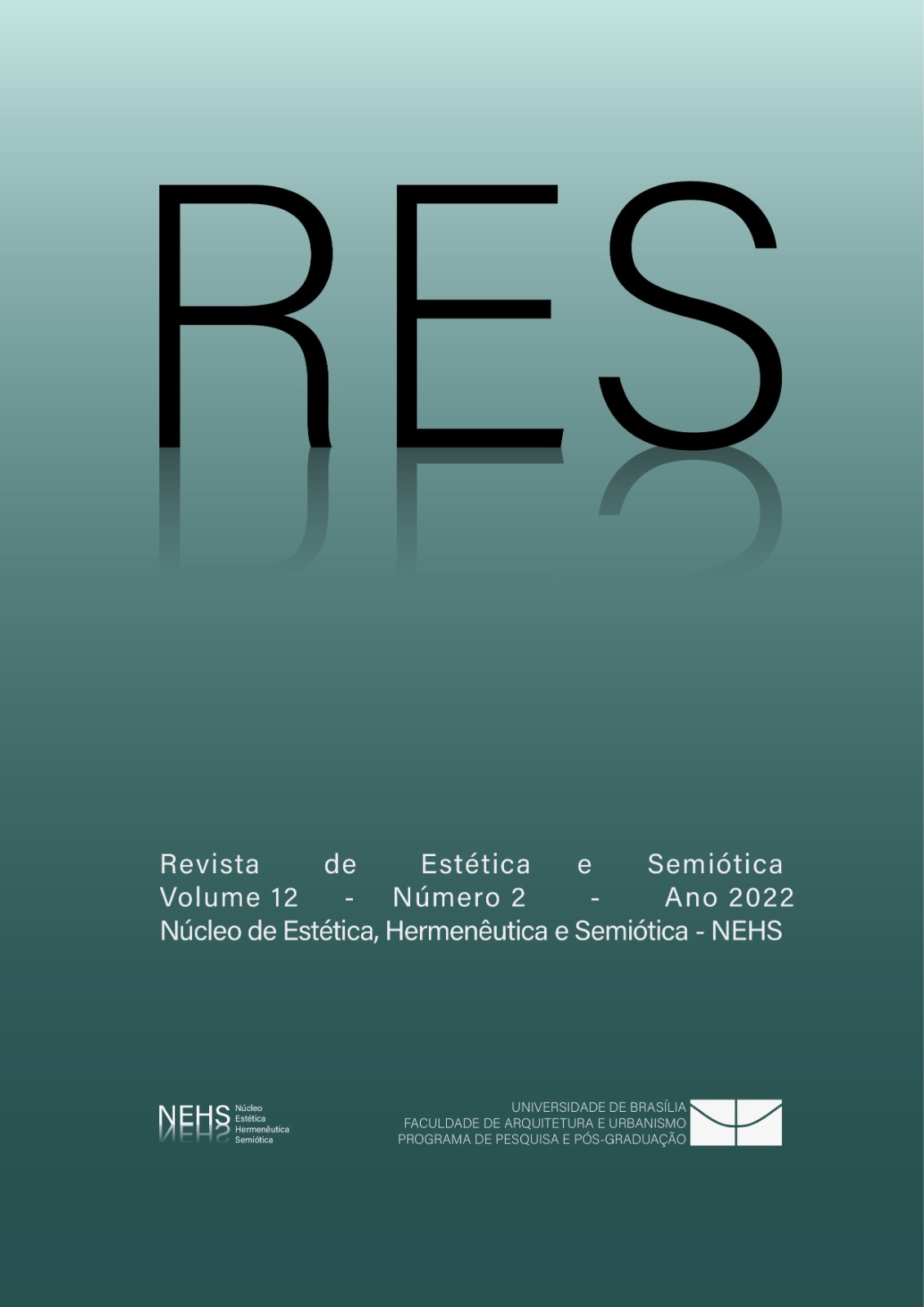The optical unconscious in Walter Benjamin
DOI:
https://doi.org/10.18830/issn2238-362X.v12.n2.2022.05Abstract
This essay shows the importance of the
“optical unconscious”, a term coined by Walter Benjamin
to refer to the great correlative perceptive expansion
of the arrival of the photographic camera, the
cinematograph and the psychoanalytic experience,
configuring an alternative proposal that problematizes
the concept of spectator, essential for the emergence
of Aesthetics. This will be achieved by putting
into context a model that refers to fragmented vision,
where the entire visual field is replaced by the detail
and experience of the Shock. Likewise, a notion of the
spectator as a rational, autonomous subject is questioned,
resorting to psychoanalysis and some of Benjamin’s
approaches. So, an approach to the concept
of the Benjaminian optical unconscious is made, based
on some of his most representative works, to address
the discussion around the concept of the spectator
in contrast to the claim of a passive spectator.
Downloads
Published
Versions
- 2023-09-14 (2)
- 2022-11-28 (1)
How to Cite
Issue
Section
License

This work is licensed under a Creative Commons Attribution-NonCommercial 4.0 International License.




